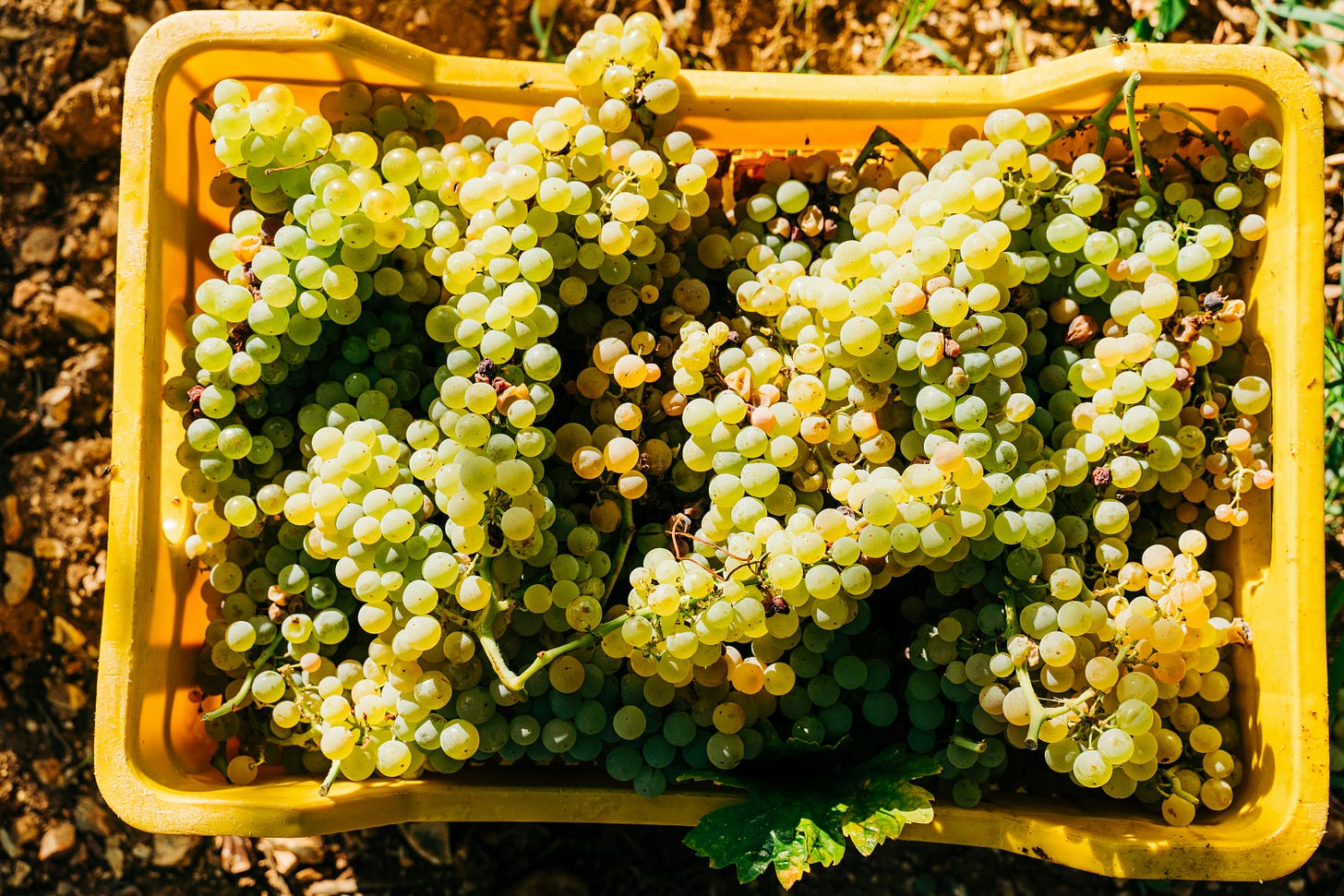Douro faces worst crisis in years
A delegation of Douro wine producers travelled to Lisbon to highlight the region's problems to President Marcelo.

A delegation of Douro wine producers travelled to Lisbon this week to sensitise the President to the region’s worst crisis in years.
The delegation included 20 winegrowers as well as the Mayor of São João da Pesqueira, Viseu district.
The producers wanted to express their immediate concerns because some winegrowers are having difficulties selling their grapes during this harvest, which is already underway, and their worries about the future.
Farmers also claim that they have been receiving less and less for their grapes, while production costs are increasing.
Following the encounter, in which the Government was represented by the Secretary of State for Agriculture, João Moura, the Mayor of São João da Pesqueira said that they were going back with “a little more hope.”
The Mayor told Lusa that, during the meeting, Marcelo Rebelo de Sousa admitted that the crisis in the Douro is “a moment of national emergency”
He also said that the President expected the Government to adopt “more measures, immediately, without prejudice to other more fundamental measures for the region”.
The Douro wine growers have already taken to the streets in demonstrations and are promoting the ‘Save the Douro winegrowers’ petition. The document has already exceeded 1,500 signatures.
Port wine in crisis
The crisis facing Port wine producers is felt across the world’s fortified wines.
For example, the Spanish sherry, which in 2000 sold 79 million litres worldwide now sells less than 28 million. In turn, Port wine has gone from average sales of 90 million litres a year to 65.7 million.
Accounts made by exporters show that, in nominal terms, Port’s turnover fell from 414 million to 367 million euros. But in real terms (taking inflation into account) these figures represent a loss of 297 million euros, i.e. a figure 45% below the revenue at the beginning of the century.
One of the primary reasons for the drop in Port wine sales is the changing tastes of consumers, particularly among younger generations.
Today’s consumers are increasingly drawn to lighter, less sweet alcoholic beverages such as craft beers, gin, and non-fortified wines. Port wine, known for its rich sweetness and high alcohol content, often doesn't align with these evolving preferences.
Moreover, Port wine is sometimes perceived as an "old-fashioned" drink, more associated with traditional or older demographics. This perception can make it less appealing to younger consumers, who are more likely to seek out trendy, contemporary beverages.
In addition to changing tastes, Port wine faces significant competition within the broader wine and spirits market. The emergence of new wine regions and the growing popularity of diverse wine varieties have given consumers more options than ever before.
Yet, while sales have fallen, production capacity has remained the same. The consequence is logical: the volumes of wine in the sector's warehouses have been accumulating, especially after 2019, at the rate of 16.6 million litres per year, according to exporters.



